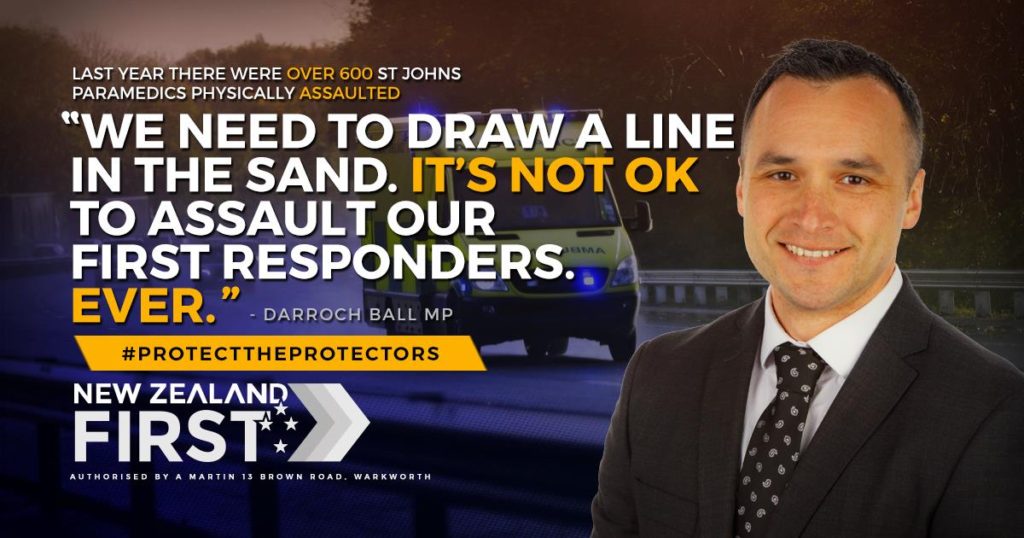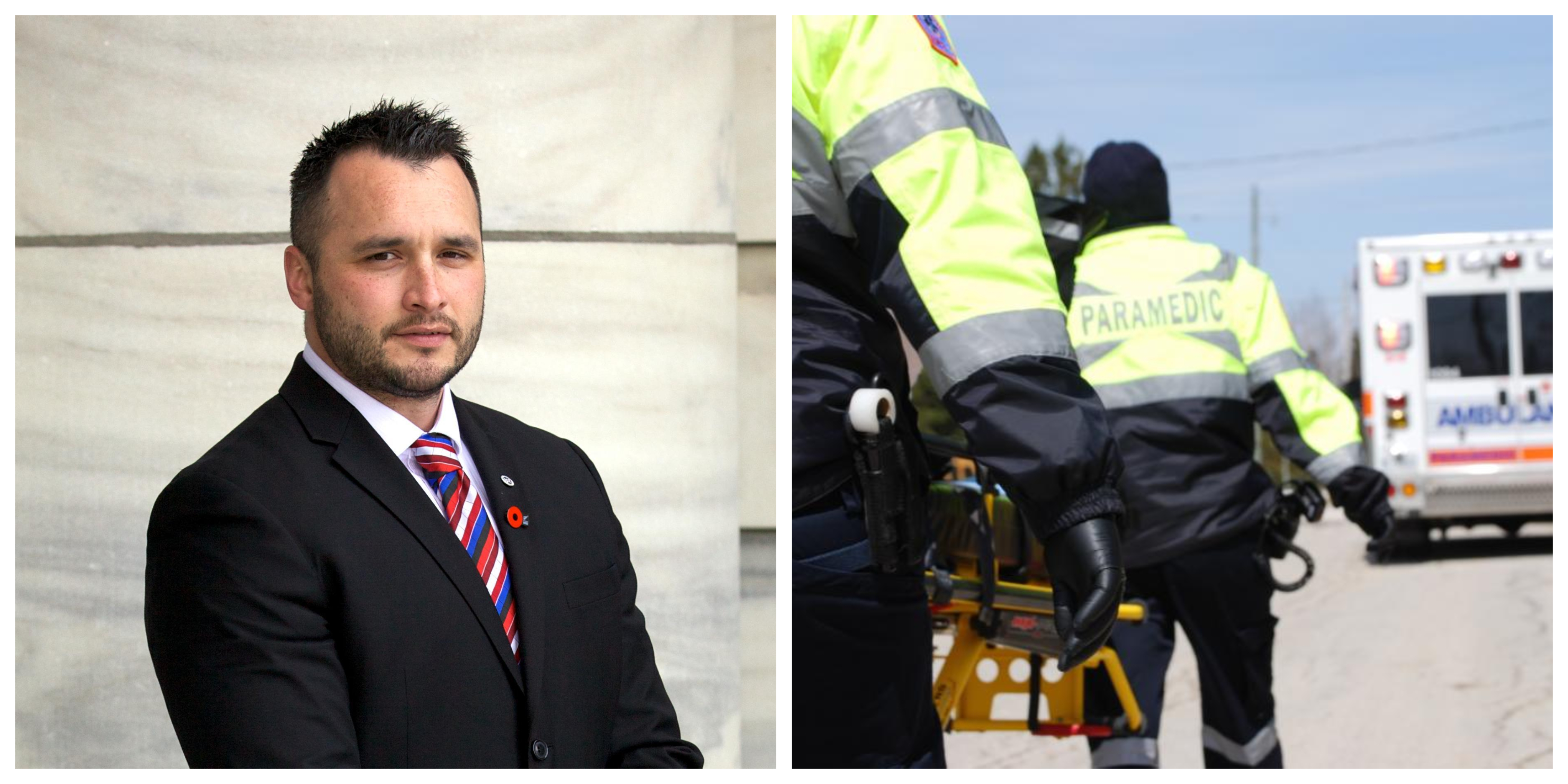It’s an understatement to say that first responders have their work cut out for them.
Not only do they have to be available at any given time, whenever emergencies arise, but they are also vulnerable to attacks from the very victims they are catering to. These range from verbal assaults, to physical attacks which some are indecent assault on female emergency services personnel.
In 2016, St. John’s ambulance officers declared that they would no longer answer call-outs where their safety may be compromised. That came as a result of multiple incidents of physical assaults on their members who responded to emergencies, which in that year averaged to ten hospitalizations a month.
The hesitance of these ambulance officers to answer call-outs may be detrimental to public safety, but one cannot fault them also about worrying for their own safety. After all, as what most people seem to forget, these emergency responders are human beings themselves.
Under a proposed law change, these first responders may be given an extra layer of protection which will enable them to do their jobs confidently without any fear of being assaulted.
New Zealand First list MP Darroch Ball, who is the law & order spokesperson for his party, has had his member’s bill drawn from the ballot which seeks to impose a minimum six-month prison sentence for those convicted of physically assaulting, with intent to injure, any first responder.

The bill also nullifies drug or alcohol-induced impairment as an excuse to attacking these first responders, which means that perpetrators will be hard-pressed to ensure that they restrain any violent behavior that they will have.
It also brings peace of mind to the emergency responders, ensuring that they would promptly respond to call-outs without fearing that their lives could be at risk. In 2015, due to their staff’s reluctance to answer some call-outs St. John’s had to resort to double-crewing as a measure to improve safety.
According to a report from the Otago Daily Times, over 1020 incidents of abuse of St. John’s staff have already occurred so far this year – 262 of which were physical assaults. That is coupled with statistics from last year, which recorded 2,556 incidents of abuse that includes physical assaults.
Various sectors have responded favourably to the bill, such as FIRST Union. One of its organizers, Lynette Blacklaws, says she’s “hopeful” the new legislation will improve the safety of ambulance officers when they are out doing their jobs.
The Sensible Sentencing Trust, an advocacy group calling for a tougher criminal justice system, “applauded” the bill and stated in a press release that: “there are far too many assaults on people in the helping professions, and ambulance officers attending a call out, often late at night, are particularly vulnerable to attacks from drunks and others.”
Ball himself said the law change is “well overdue” and was important to ensure these first responders that the law “had their backs”. The two-time list MP from Palmerston North also stated that a “lack of respect for uniformed personnel” was behind the surge of attacks on these personnel.
Critics have been skeptical over the bill, citing the added prison numbers such a law change would create. But what are prisons for, if not for restraining violent individuals from the rest of society to ensure public safety?
With that in mind, it is completely justified that perpetrators of violent attacks on first responders are locked up for a given period. If the issue they have is the congestion of prison facilities, then the problem lies with the inadequacy of these facilities rather than the provisions of the member’s bill itself.
Another contention which skeptics bring up with regards to this bill is that they ask, “why not impose such penalty on all personnel, not just first responders?” The reality these commentators fail to realize is that assaults on emergency responders presents a double jeopardy: not only is the well-being of the personnel compromised, but it also renders these vital emergency support staff to respond to future call-outs and thereby infringing on the safety of other individuals as well.
While it is true that all persons are entitled to be protected from harm by the State, it is equally important that we protect these first responders due to the nature of the work they do.
Above all, the issue of “respect” for uniformed personnel is also important to recognize here. These individuals are sacrificing their own comforts to cater to our most pressing needs, it is only sensible that we ensure their safety also.
As Ball himself declared, it is time we protect the protectors.

